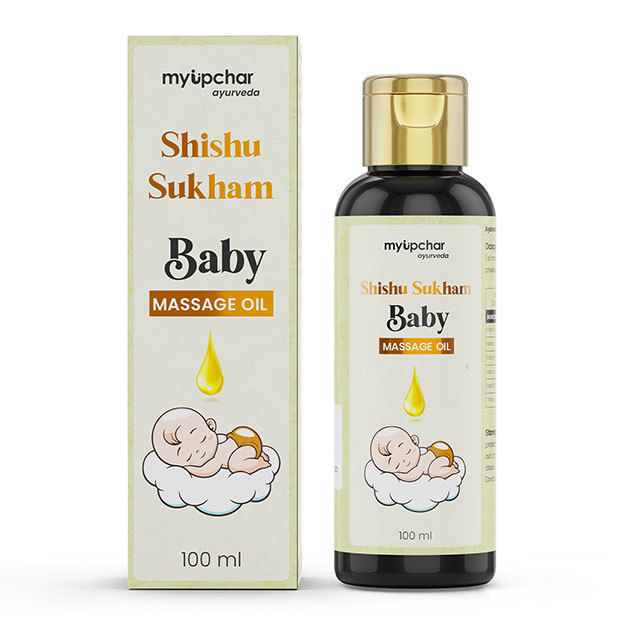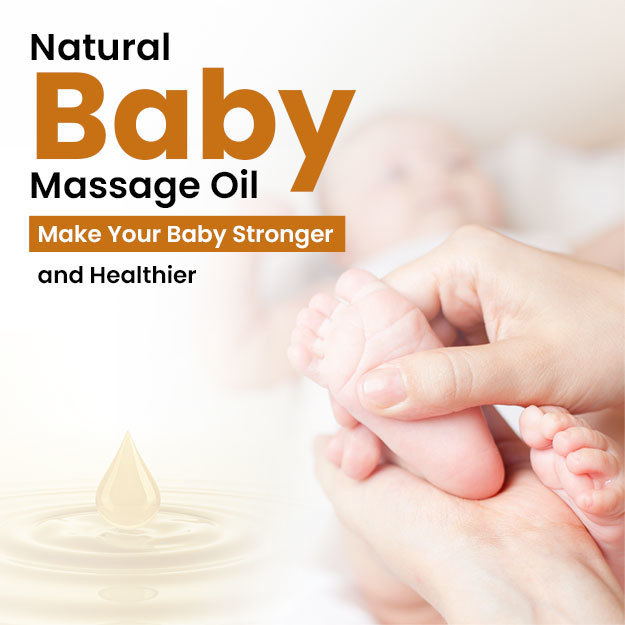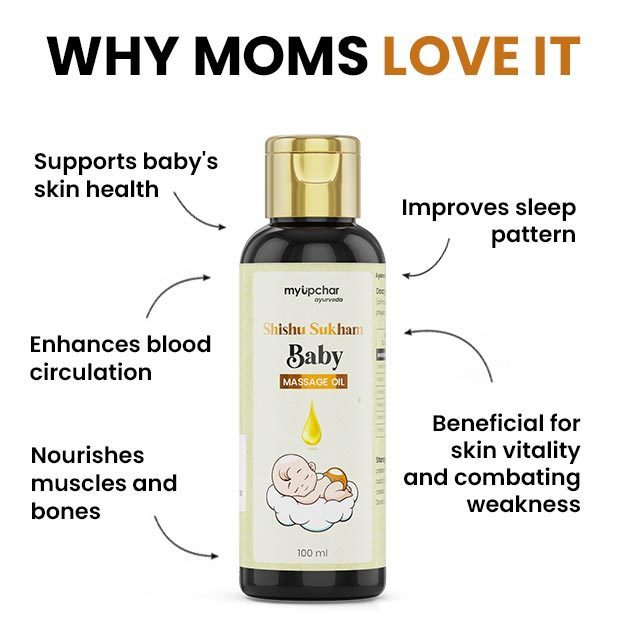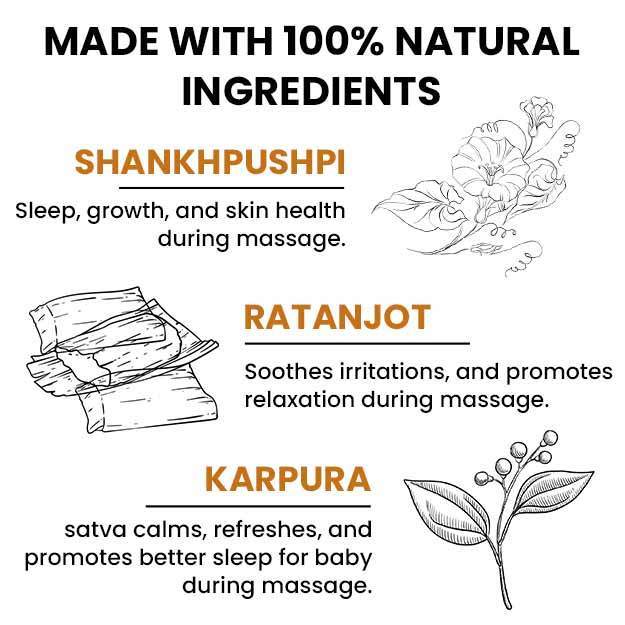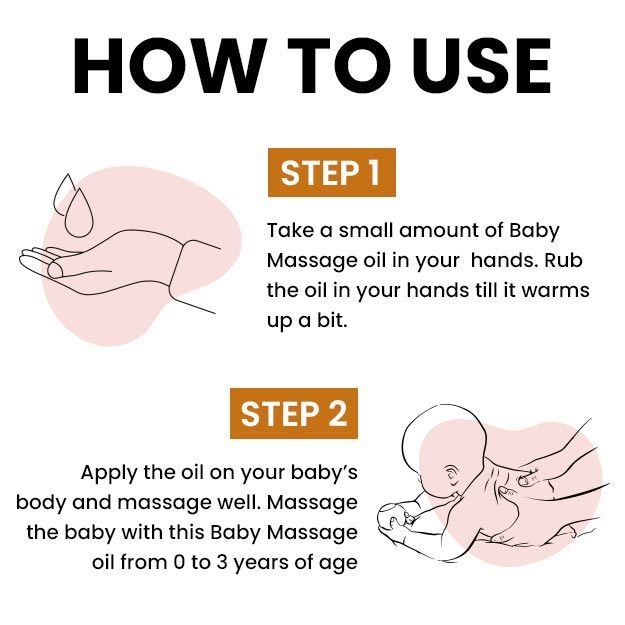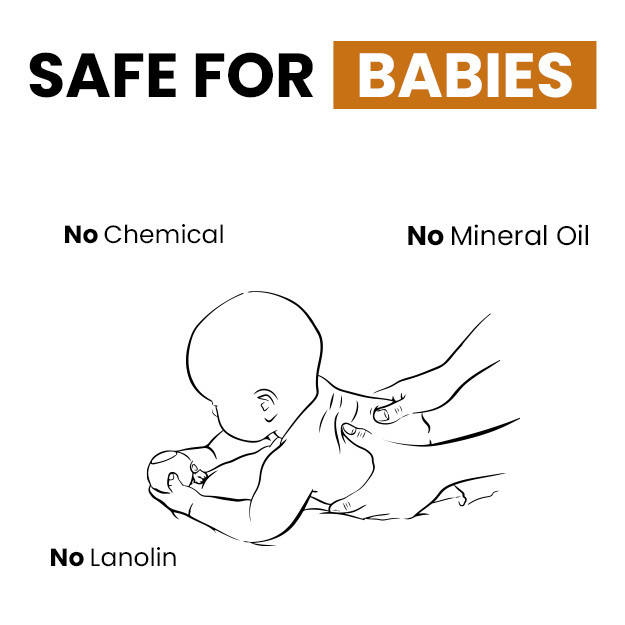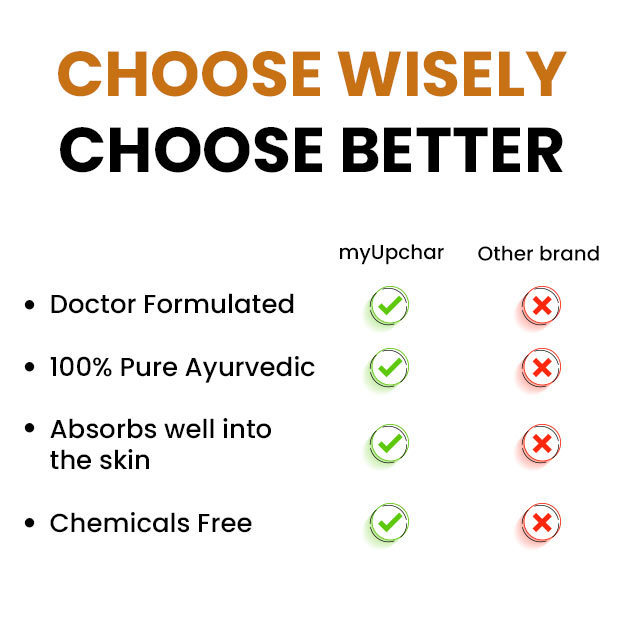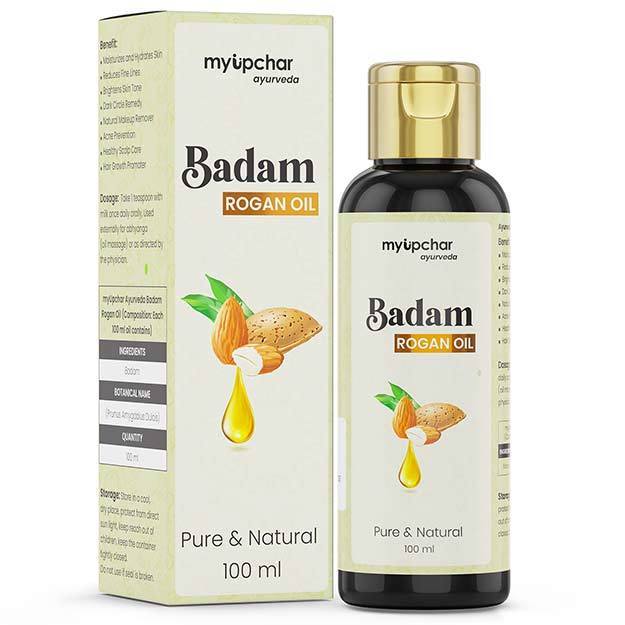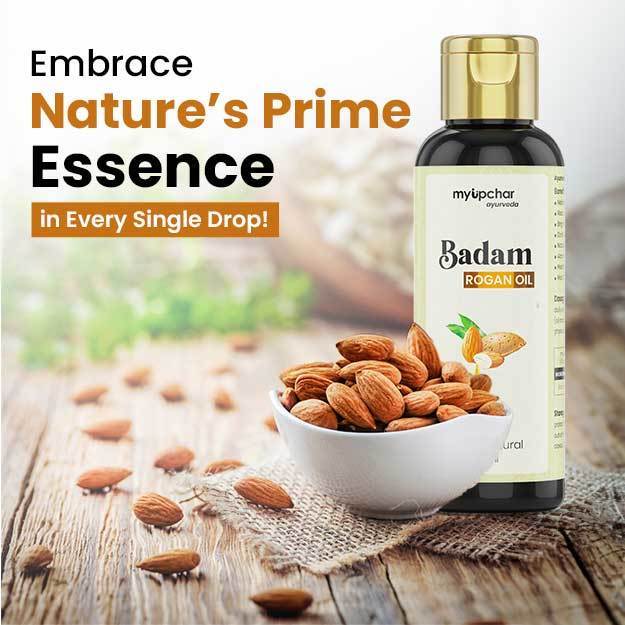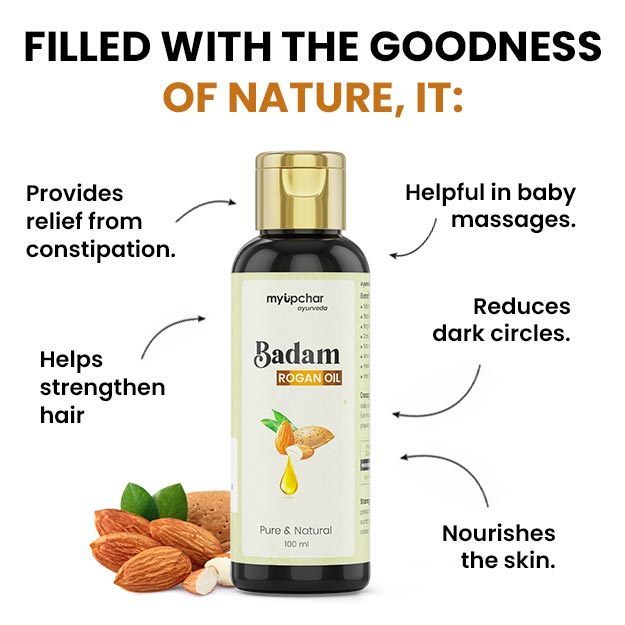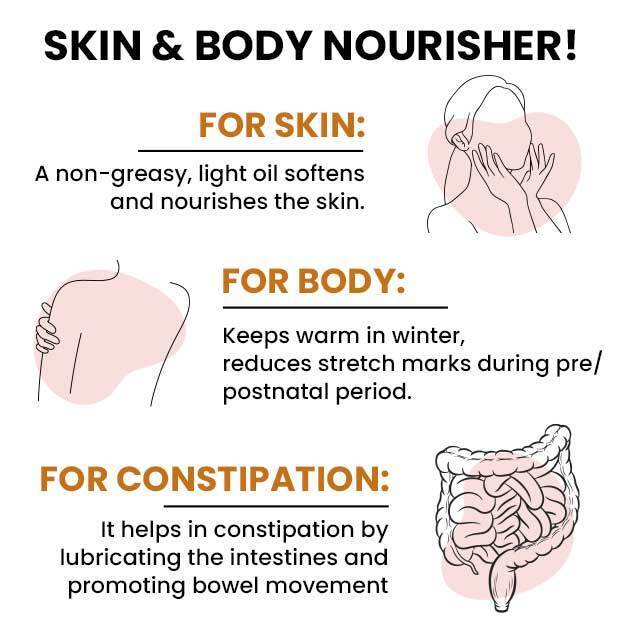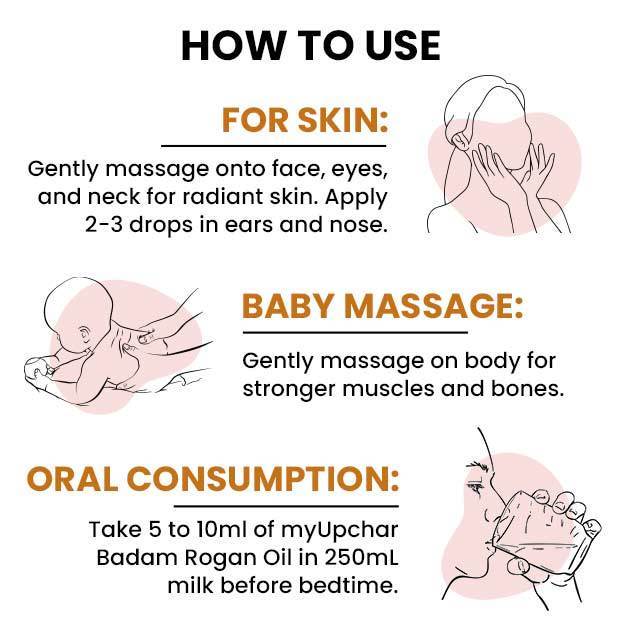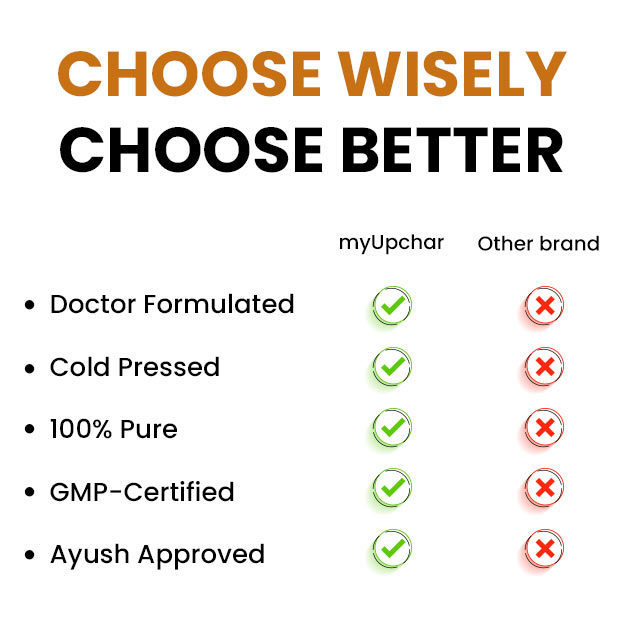Parenthood is a beautiful experience, but if you are a first-time parent, it can be stressful too. Apart from getting used to a new lifestyle with your bundle of joy, you also have to ensure that you are bonding with the baby properly and aiding his or her development through infancy and childhood.
Baby massages are a good way to ensure parent-baby bonding and healthy development of the baby. What’s more, massaging your baby can be a de-stressing technique for you too - more so if your baby loves being massaged and you do it the right way.
Massaging babies has been a common feature in Indian culture for centuries, and is usually done by mothers, grandmothers, aunts and nannies. However, fathers should also be encouraged to massage the baby, especially since they get few opportunities for skin-to-skin contact with the baby otherwise.
Using the right type of oil for massaging is important as it prevents friction between the baby’s skin and your hands. But it's best to not massage the baby untile he or she is at least a month old. Here’s everything you need to know about how to massage your baby.





